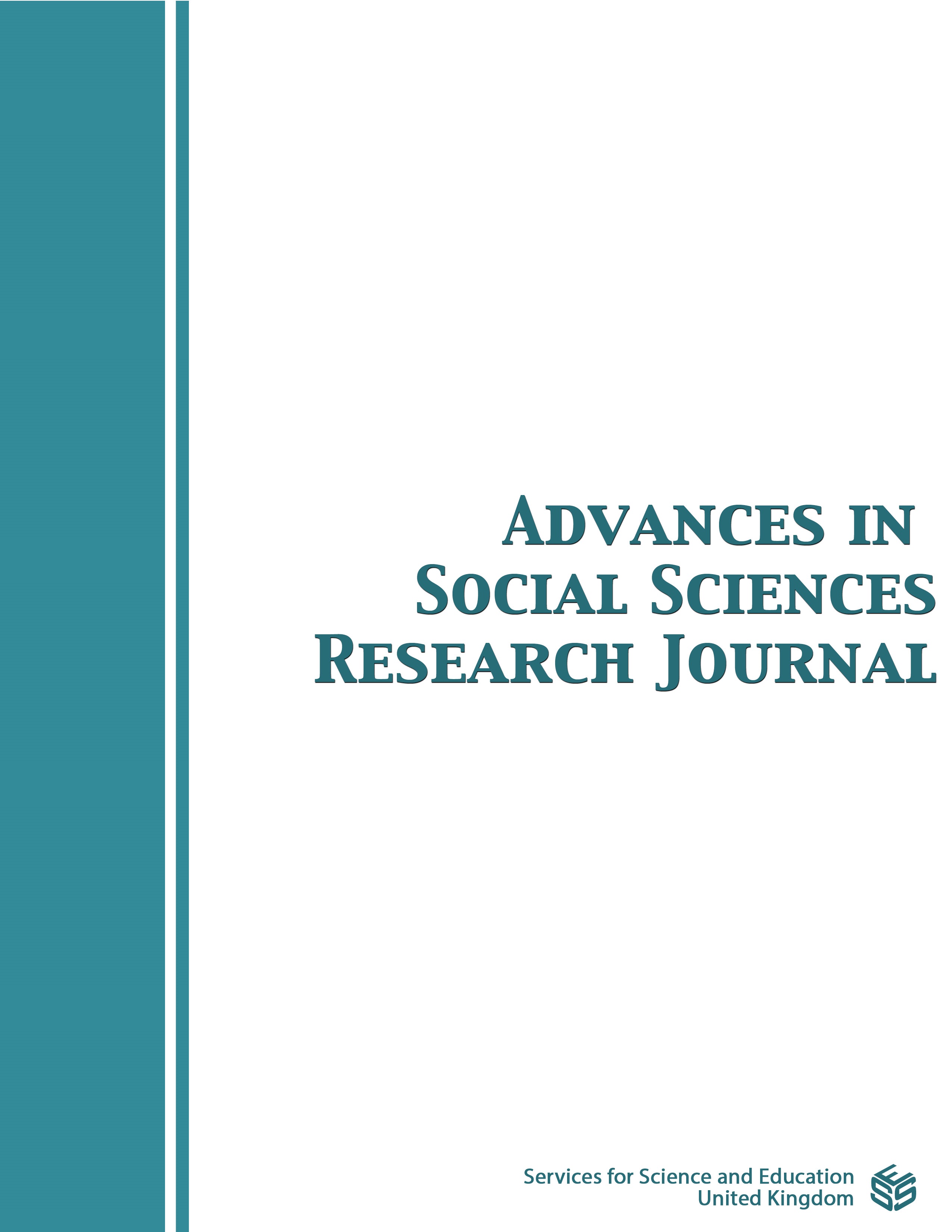Retuning Ears & Rewiring Brains for Effective Communication: Foreign-Accent Perception & Sensitivity Training (FAPST)™
DOI:
https://doi.org/10.14738/assrj.117.17364Abstract
Purpose: Communication and psychosocial challenges are associated with processing regional or foreign accents. These challenges result in discrimination, marginalization, and reduced opportunities for culturally, linguistically, or racially diverse people. As a departure from the controversial approaches of training speakers to speak more effectively, this paper presents an innovative and effective methodology to train listeners instead and make the communication environment more “accent friendly”. Built upon two decades of testing and evidence, the Foreign Accent Perception & Sensitivity Training (FAPST)TM is used to develop skills in listening to accents, reducing implicit biases, and increasing appreciation and enjoyment for interacting with accents and cultures. Methodology: 320 undergraduate students from eight sections of a Diversity Issues course were provided the FAPST training online that included 15-20 minutes of gamified experience, over four weeks, in listening and identifying 54 varieties of accent in a structured, multimedia procedure. Assessments included weekly Accent Identification Scores as well as a pre- and post-survey using the CCQ tool to assess listeners’ baseline knowledge, attitudes, stereotypes, preferences, and skills related to processing accents. They also received formative assessments, feedback, and engaged in self-reflections. Results: Paired t-tests showed significant improvement in Accent Identification Scores which increased from 52% in week 1 and reached 75% by week 4, significant at p <0.05 level. The post-training CCQ survey results showed that Factual Knowledge scores improved significantly from 42% to 78%, Stereotypes scores reduced significantly from 89% to 22%, and Competence scores improved significantly from 23% to 76%. Participants reported increased confidence in listening accuracy and improvement in noticing details in accent patterns. Participants reported increased interest and willingness to interact with diversity. Participants also reported increased awareness of discrimination, and willingness to show allyship and advocacy for diverse individuals. Conclusion: This project confirmed that students have preconceived attitudes and biases as well as lower skills and confidence in interacting with diversity and accents which factor in their decisions and preferences to communicate with people with certain accents. It becomes imperative to set students up for success and engagement in a globalized world by training them with skills to navigate diversity. Results show that such a training improves listening accuracy as well as develops increased confidence and interest in engaging with diversity, while reducing implicit biases and stereotypes, along with increased factual knowledge of, and competence with accents.
Downloads
Published
How to Cite
Issue
Section
License
Copyright (c) 2024 Amee P. Shah

This work is licensed under a Creative Commons Attribution 4.0 International License.
Authors wishing to include figures, tables, or text passages that have already been published elsewhere are required to obtain permission from the copyright owner(s) for both the print and online format and to include evidence that such permission has been granted when submitting their papers. Any material received without such evidence will be assumed to originate from the authors.






